
How to Avoid Getting Mired in Caregiver Guilt
The geropsychologist who founded Dementia Careblazers says it’s your thinking about a situation, rather than the situation itself, that makes the difference.

The geropsychologist who founded Dementia Careblazers says it’s your thinking about a situation, rather than the situation itself, that makes the difference.

A host of health benefits come from maintaining meaningful connections.
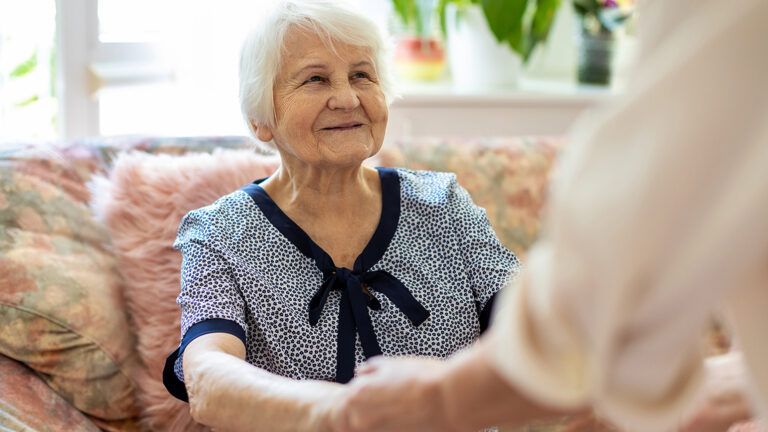
Be patient, encourage independence and other tips on providing compassionate care to those living with Alzheimer’s.
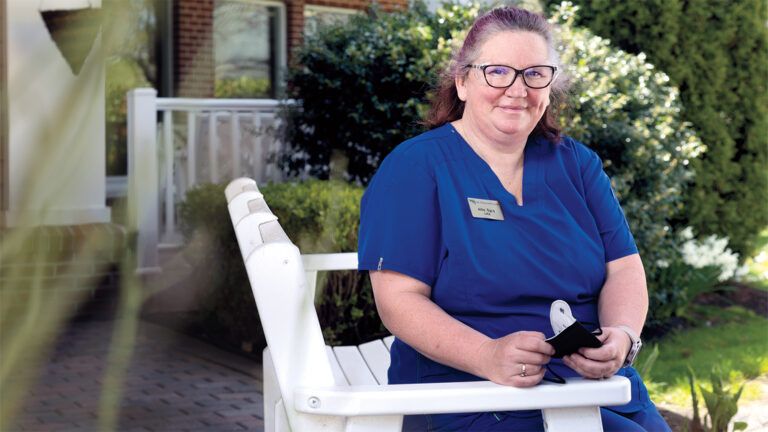
When she lost her child-care job during the pandemic, she found a new calling caring for people living with dementia.
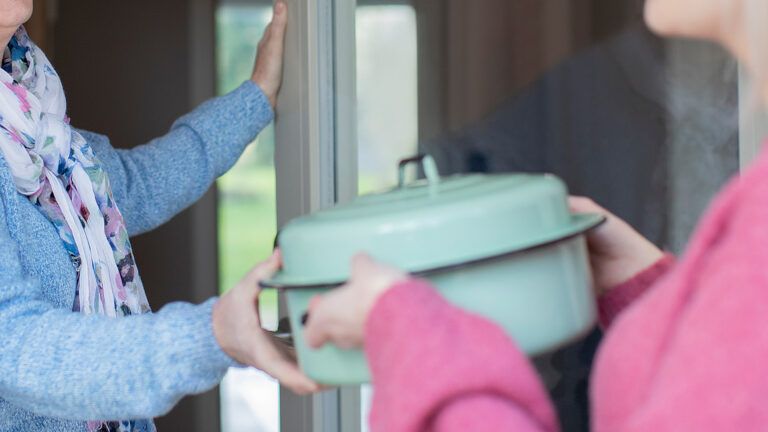
She was at the end of her rope while looking after her mother with Alzheimer’s. Then this caregiver received an unexpected food delivery.
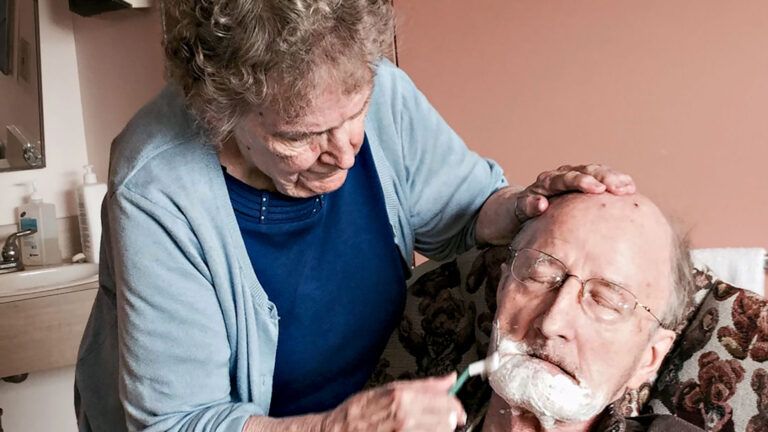
Her husband changed as his dementia advanced, but a tender gesture proved he still cared.
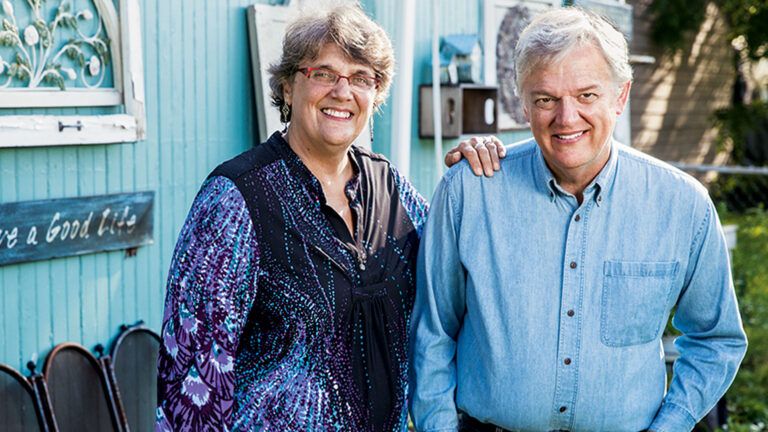
After nine years of caring for her husband she suggests releasing expectations, asking for help and more.
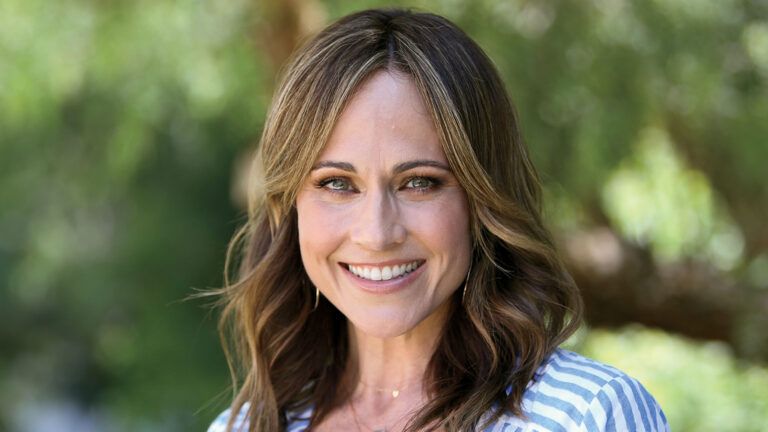
Her Hallmark movies end happily ever after. How this actress finds hope in the real-life story of her father’s dementia
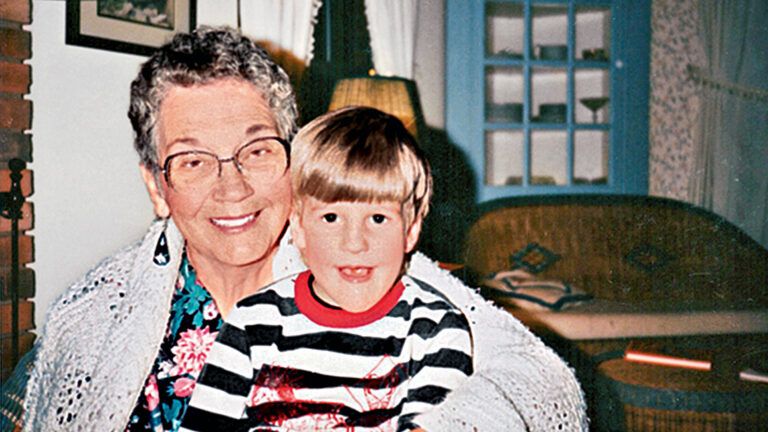
During a visit to her mother-in-law with Alzheimer’s, her son opened her eyes to God’s many blessings.
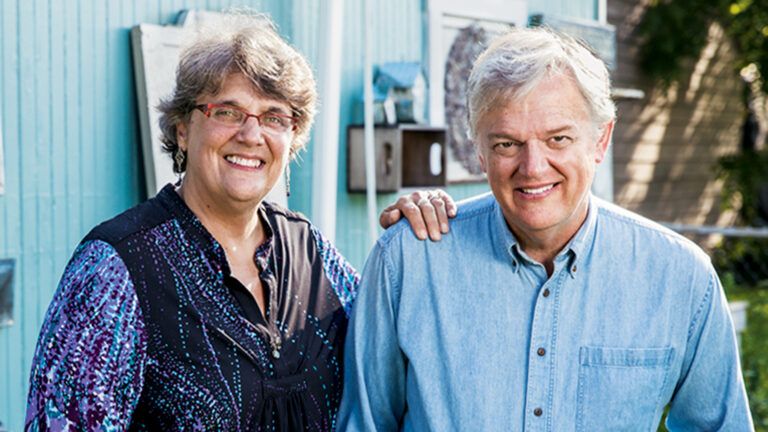
As the primary caregiver for her husband with Alzheimer’s, she struggled to take time for herself. But a restorative sanctuary was just blocks away.
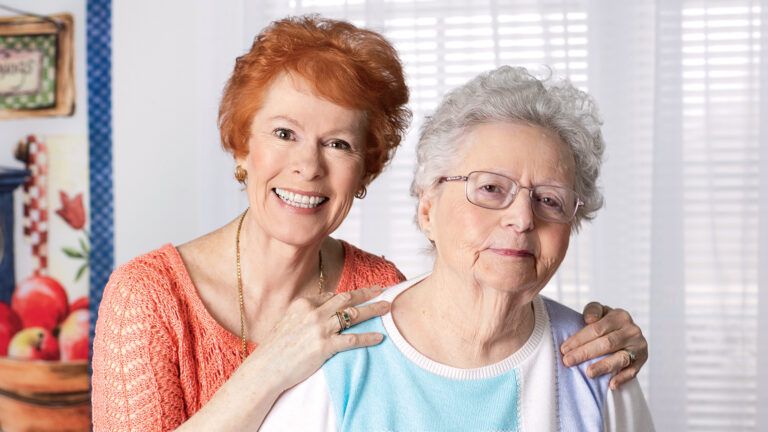
She ultimately gave up the guilt and accepted that her best was good enough.

Those suffering with Alzheimer’s or other forms of dementia sometimes experience a mysterious moment of lucidity.